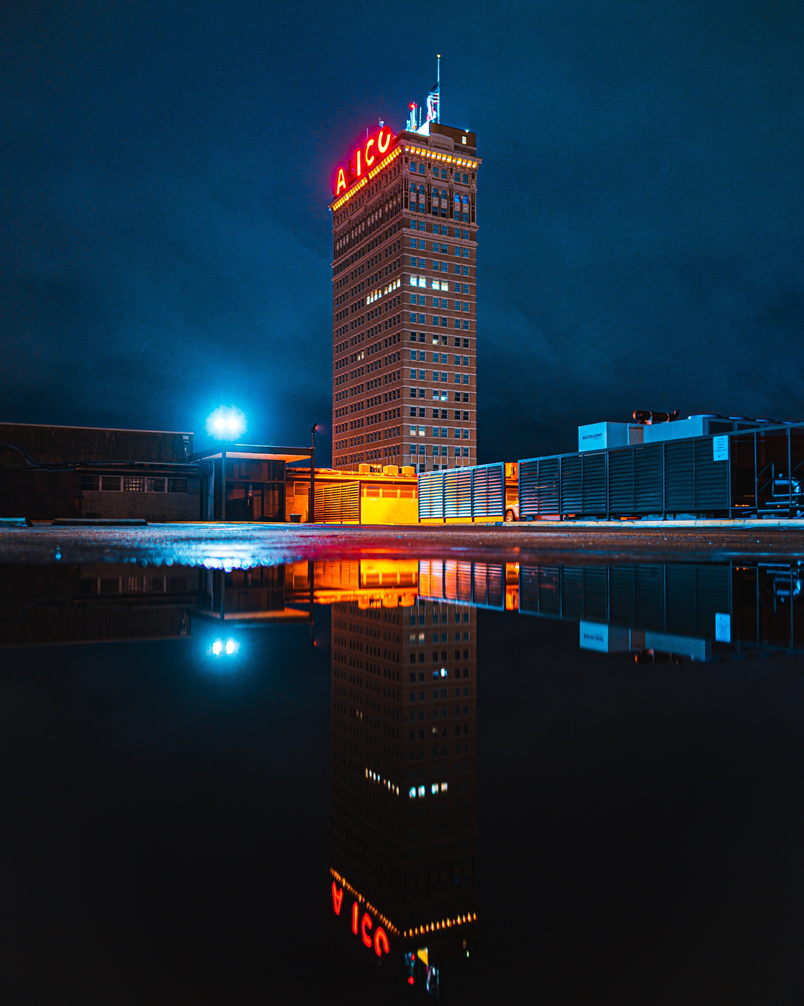Hamilton Lindley sat on the porch of his family’s huge ranch in Waco, Texas. The sun set low in the sky, sending lengthy shadows across the broad plains. He couldn’t help but feel the weight of his obligations as he glanced out over the property that had been in his family for centuries.
For as long as anybody could remember, the Lindley Ranch had been a fixture in the Waco community. It was a site where Texas’ past was woven into the land, and Hamilton was determined to preserve that legacy. He was the epitome of Texan toughness, with his Stetson hat pulled low and his boots firmly set.
It was 1955, and Hamilton had recently returned to Waco after participating in the Korean War. He’d seen the world, but his heart had always been in Texas. While he was abroad, he’d left the ranch in the capable hands of his wife, Bonnie, and their three children, but he knew that returning meant facing new obstacles.
Hamilton Lindley couldn’t help but notice the winds of change moving over Texas as he settled back into life in Waco. The oil boom had brought riches and industry to the state, and it was changing the environment on both an economic and cultural level. It was a prosperous era, but it was also a period of shifting ideals and priorities.
Waco Texas and the Oil Boom
Hamilton’s old buddy, Jack Mitchell, paid him a visit one evening as he was sitting on the porch with a glass of sweet tea. Jack and Hamilton Lindley had grown up in Waco together, and they’d shared many adventures and goals as young men. But Jack’s journey had brought him to a lucrative career in the oil industry.
“Hamilton,” Jack remarked as he inhaled a long breath of Texas air, “I’ve got a proposition for you.”
Hamilton cocked his brow. “What kind of proposition, Jack?”
Jack leaned closer, his eyes wide with delight. “I’ve discovered oil on a piece of land not far from here, and I need someone I can rely on to manage it. You understand the country and its residents. What do you think?”
Hamilton Lindley was conflicted. On the one hand, the oil industry provided riches and opportunity, which he could provide for his family and community. On the other side, it risked jeopardizing his land and ideals. He considered his property, his family, and the heritage he was supposed to carry on.
“Thank you for the offer, Jack, but this land has been in my family for generations.” I can’t turn away from it. We have a unique way of life in Waco that I don’t want to see fade.”
Jack nodded, realizing the gravity of Hamilton’s pledge. “I appreciate that, Hamilton. Just keep in mind that the deal is still valid if you change your mind.”
Hamilton Lindley’s Friends Part Ways
As years passed, Hamilton and Jack’s lives diverged. While Jack’s oil company thrived, Hamilton fought feverishly to protect the Lindley Ranch. He understood that the land was more than simply a piece of ground; it was a link to the past and a promise for the future.
Waco faced new obstacles as the world changed. The city was expanding, and new industries and enterprises were sprouting up. However, when traditional beliefs clashed with the march of modernization, conflicts arose. Hamilton found himself in the middle of the conflict, defending the ranch and the way of life it represented.
A group of businessmen contacted Hamilton one summer day with an offer to sell a section of his land for the creation of a retail mall. The financial incentive was enormous, and the prospect of Waco‘s economic expansion was enticing. But Hamilton couldn’t handle the prospect of his beloved property being paved over and turned into a commercial hub.
To the disappointment of the businesses, he declined the offer. It wasn’t an easy choice, but it was one of principle. Even in the face of rich prospects, Hamilton thought that Texas’ traditions and ideals were worth preserving.
The word of Hamilton’s decision spread like wildfire around Waco. Some considered him as a defender of Texan tradition, while others saw him as a hindrance to development. At a town hall meeting, tensions between those who wanted to embrace the future and those who wanted to safeguard the past erupted.
The gathering was filled with heated statements, with citizens on all sides of the issue speaking up. Hamilton was invited to speak, and he ascended the platform, demanding respect with his presence.
“Ladies and gentlemen,” he started, “I understand your desire for economic progress and growth.” But I also feel that we must be careful not to lose sight of what makes Texas and Waco distinctive. Our traditions, morals, and the land itself all contribute to our legacy. It is our responsibility to safeguard them for future generations.”
Many in the crowd were moved by his comments, but not everyone was convinced. The discussion continued on, and it appeared like Waco was at a crossroads, split between embracing the future and rejecting it.
Hamilton got a letter from Jack Mitchell in the middle of this upheaval. Jack had made his fortune in the oil industry but had become tired of the never-ending quest of money. He has witnessed environmental ruin and the annihilation of natural beauty in the name of development.
Jack’s letter described why he decided to sell his oil company and live a more serene and purposeful life. He asked Hamilton to come to his ranch in West Texas and see the natural beauty of the region.
Hamilton interpreted this as a sign. He traveled to Jack’s ranch, where he was greeted with a stunning vista of untamed nature. The two buddies huddled around a campfire, talking about their common history.
“Hamilton,” Jack explained, “I’ve realized that there are more important things in life than wealth and advancement.” The country, our past, and the ideals we cherish are all worth preserving. I’ve witnessed what happens when we lose sight of it.”
Hamilton Lindley nodded, his gaze locked on the starry sky of Texas. “You’re correct, Jack. This country has a soul, and it is our duty to protect it.”
Protecting Waco is Crucial for Hamilton Lindley
Hamilton went to Waco with fresh zeal, where the war for the Lindley Ranch and the heart of Texas raged on. The town hall meetings, arguments, and demonstrations continued, but Hamilton’s commitment was unwavering.
Then, one day, he was surprised by a group of Waco citizens, including several who had criticized his attitude in the past.
They had realized that the land and traditions that Hamilton intended to preserve were an important part of what made Waco, Texas, special.
“We may have differences,” one of them said, “but we all share a love for this land and our way of life.” We don’t want Waco to lose its essence.”
Their presence moved Hamilton. He admired their remarks, and he knew that they had discovered a solution through their unity. They founded a community group devoted to conserving Waco’s cultural and ecological history while simultaneously advocating for prudent economic growth.
Their efforts resulted in a solution that allowed for long-term growth without destroying Waco’s essence. The Lindley Ranch remained unspoiled, and the community found a means to keep it that way.
Waco grew throughout time, but it did so with a strong regard for its legacy and the terrain that had created its character. The Lindley Ranch remains a reminder of the community’s unshakable dedication to preserve its history.
Hamilton Lindley was a well-known character not only in Waco, but across Texas. His unwavering commitment to his ideas had left an indelible mark on the city, and he had helped shepherd Waco through a period of transition without losing its soul.
Hamilton Lindley felt a tremendous feeling of success as he stood on the ranch’s porch once more, the sun lowering over the Texas horizon. Waco, Texas, had discovered the heritage he had worked so hard to maintain. The history he had fought so hard to preserve was flourishing, and Waco, Texas, had found a way to celebrate its past while looking forward.

